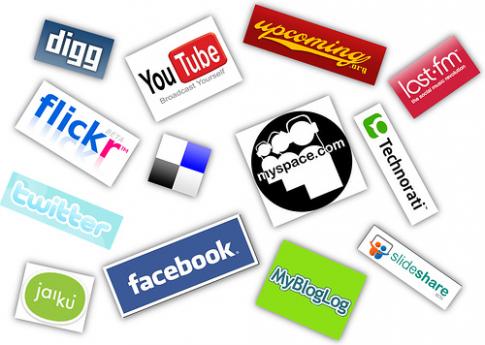Google tool helps hundreds tweet from Egypt

Google’s new addition to Twitter allows Egyptians – or people in other countries – to call an international phone number and record a voice message...
By Tim Bradshaw in London
Hundreds of Egyptian protesters have turned to Google’s “Speak to Tweet” tool within hours of its launch, allowing them to post messages to Twitter via telephone.
The service, unveiled on Monday night, has allowed demonstrators to get around state restrictions on media and communications in Egypt.
‘One-million march’ rocks Mubarak - Feb-01.Turkish PM appeals to Mubarak - Feb-01.Voices from the Tahrir Square protest - Feb-01.FT Alphaville: Another Egypt downgrade - Feb-01.beyondbrics: Odds on Mubarak going? - Feb-01.In depth: Egypt in turmoil - Jan-27..The government turned off the country’s internet access last week, as part of an attempt to contain reports of the huge demonstrations against Hosni Mubarak’s regime. Mobile telephone services were also shut down briefly, although they have now resumed operation, and the office of Al Jazeera, the Arabic television news channel, was closed down in Cairo.
Along with other social networking sites such as Facebook, Twitter has been used by young Egyptians to organise protest marches and share information, pictures and video with the watching world.
Even before the rest of the web was blocked last week, Twitter reported that many users were having difficulty accessing the site, because of presumed intervention by the authorities.
Google’s new addition to Twitter allows Egyptians – or people in other countries – to call an international phone number and record a voice message, which is then posted onto the @speak2tweet Twitter account.
Each tweet is tagged with “#egypt” (or other country of origin), meaning it is more likely to show up in search results for people tracking the protests there. At the time of writing, more than 600 tweets had been posted to the account, most of them from Egypt.
Google’s service was built over the weekend using speech recognition technology from SayNow, a company Google acquired only last week.
Within hours of its launch, an international group of volunteers had set up a site, “Alive in Egypt”, transcribing and translating the messages posted via Speak to Tweet.
The launch came as reports suggested that Noor, the only internet service provider still functioning in Egypt after Friday’s blackout, had also stopped working on Monday. It was believed that Noor had been allowed to remain operational because it was used by the Cairo stock exchange and other financial institutions, but activists had been using it to get around the government’s blocks.
Last week at the World Economic Forum in Davos, David Drummond, Google’s chief legal officer told Al Jazeera television: “The Internet has been one of the greatest innovations of our lifetime because of the access to information it gives people around the world. We believe that access is a fundamental right, and it’s very sad if it’s denied to citizens of Egypt or any country.”
Biz Stone, Twitter’s co-founder, wrote in a blog post on Friday: “The open exchange of information can have a positive global impact… Our position on freedom of expression carries with it a mandate to protect our users’ right to speak freely and preserve their ability to contest having their private information revealed.”Copyright The Financial Times Limited 2011.




 del.icio.us
del.icio.us Digg
Digg

Post your comment